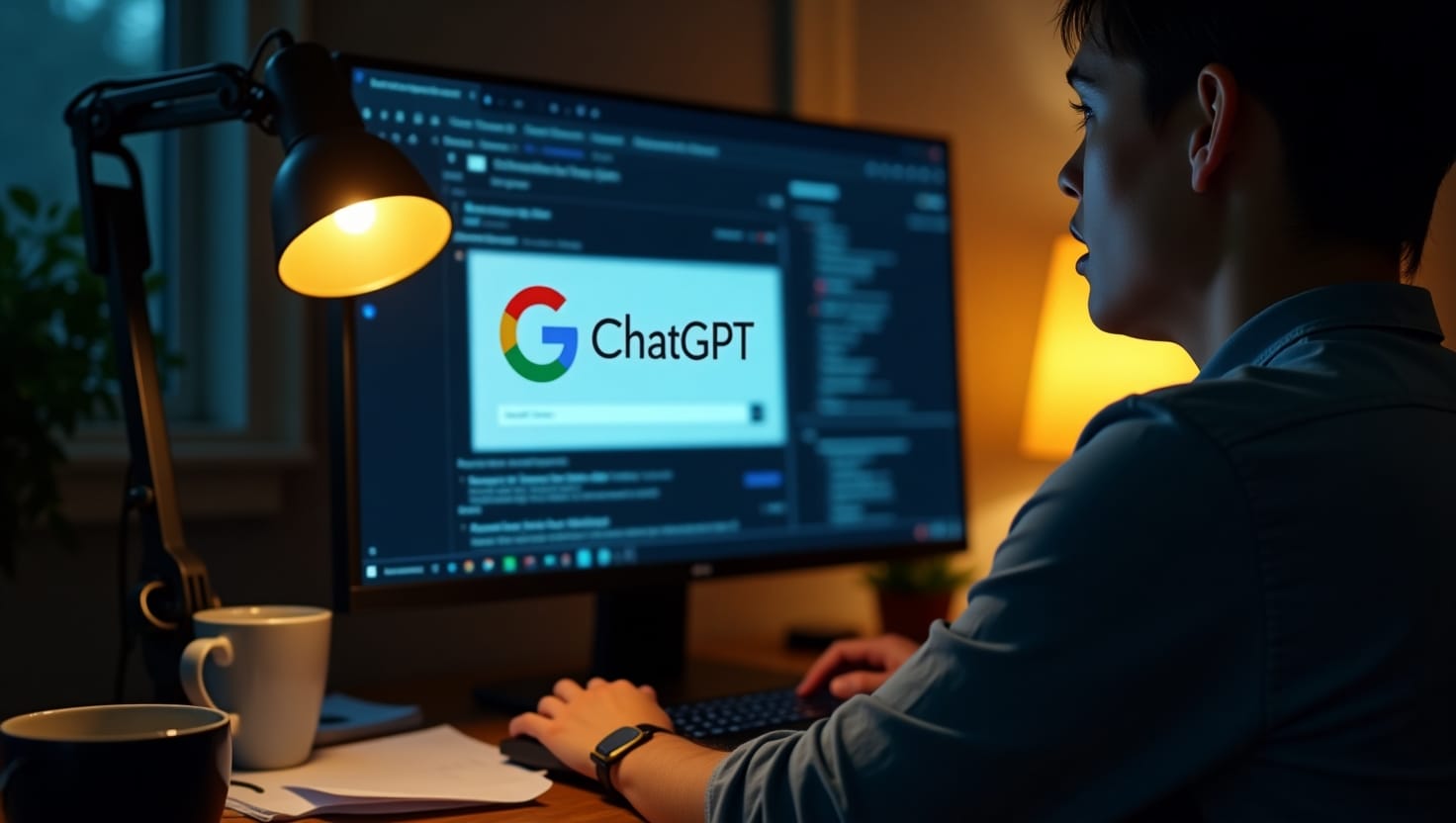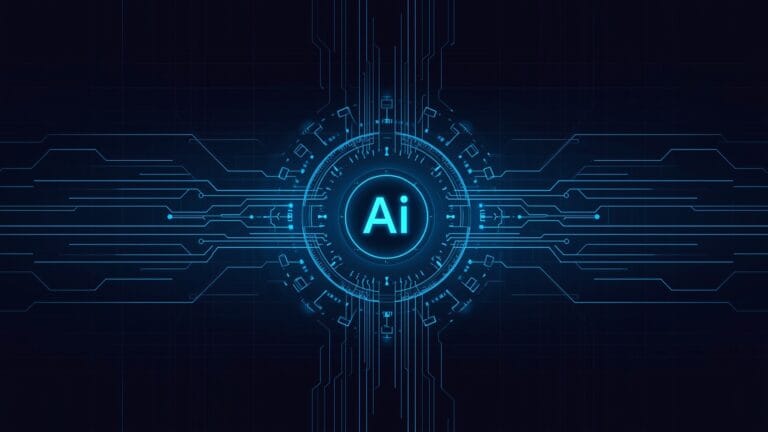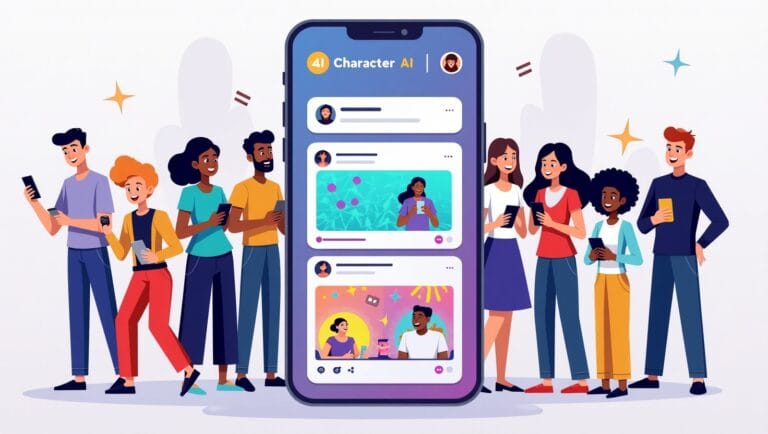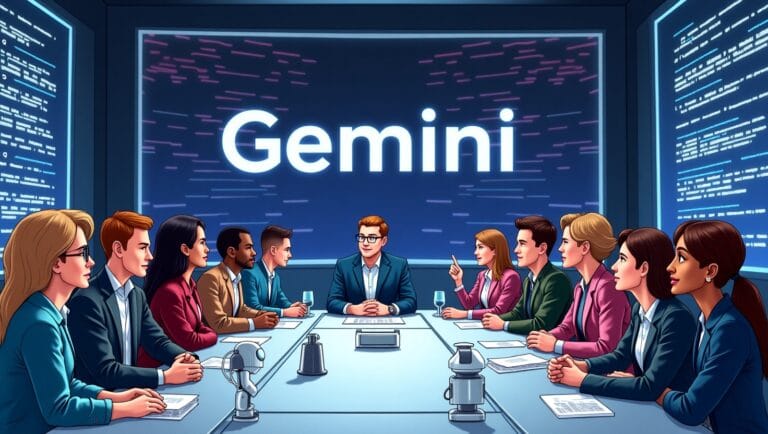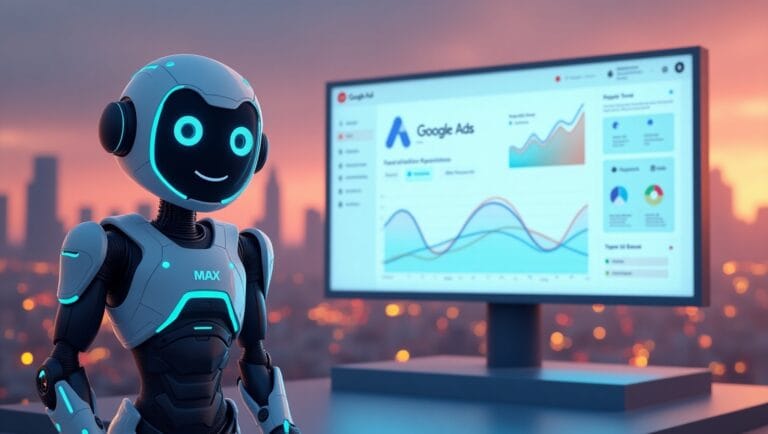ChatGPT Is Using Google Search – We Tested It, and It’s True
Introduction: The Big Question
In 2025, ChatGPT has become the go-to AI assistant for millions. It can answer questions in seconds, summarize research, and even give real-time updates. But lately, a hot topic has been making rounds online: Is ChatGPT is using Google Search behind the scenes?
We decided to put this claim to the test. Through a series of controlled experiments, our results revealed something fascinating—and possibly game-changing for SEO professionals and everyday users alike.
What Prompted the Investigation
In online communities like Reddit and SEO forums, users began noticing a curious pattern. When they published brand-new content and made it available only through Google’s search index, ChatGPT was able to reference it—sometimes within hours.
This raised eyebrows because:
- ChatGPT was publicly known to use Bing’s search API, not Google.
- OpenAI was also building its own search index, so Google integration was unexpected.
- Google and OpenAI are considered competitors in the AI and search space.
These findings led to a controversial theory: ChatGPT might be pulling live search results directly from Google.

How We Tested the Theory
To avoid bias, we ran a controlled SEO experiment:
- Created a unique keyword phrase never used before online.
- Published it on a private webpage with no backlinks and no sitemap submission to Bing or other search engines.
- Allowed only Google to index it by submitting the URL directly to Google Search Console.
- Waited until Google confirmed it was indexed.
- Asked ChatGPT Plus (with search enabled) about the keyword.
The Results
ChatGPT found the exact phrase, quoted part of the content, and cited sources that were only present in Google’s index—not Bing’s.
This confirmed that in at least some cases, ChatGPT was using Google Search results to answer queries.
Why This Matters for SEO and Content Creators
If ChatGPT relies on Google Search data—even partially—it changes the game for content visibility.
1. Google Indexing Becomes Even More Critical
Your content appearing in Google’s search results might now influence whether it also shows up in AI-generated answers.
2. Fresh Content Could Get Instant AI Exposure
Since Google’s crawlers are faster than many other indexes, newly indexed pages could appear in ChatGPT’s responses within hours.
3. AI Answers Could Bypass Website Clicks
While this boosts visibility, it might reduce organic traffic if users get answers directly from ChatGPT instead of clicking through.
What OpenAI Has Said
Interestingly, OpenAI has not officially confirmed using Google Search as a source. Official statements have emphasized:
- Bing Search API partnership.
- Development of an independent OpenAI search index.
- Experiments with real-time search through “ChatGPT Search” (formerly SearchGPT).
However, leaked reports in early 2025 indicated OpenAI explored a Google Search partnership—though Google reportedly turned it down. This makes the test results even more intriguing.
Potential Explanations
While it’s tempting to think OpenAI is secretly using Google Search, there could be alternative explanations:
- Indirect Data Access: ChatGPT may query services that themselves pull data from Google.
- Cached or Syndicated Content: Some sources in Bing’s index also appear in Google, creating overlap.
- Testing Phase: OpenAI may be running limited trials of Google-powered search without public announcement.
Privacy and Transparency Concerns
If ChatGPT is pulling from Google Search without clear disclosure, it raises data transparency questions:
- How is the data being fetched?
- Are Google users’ searches being tracked?
- Will results favor top-ranking Google pages, creating bias?
How to Check If ChatGPT Uses Google for Your Queries
If you want to run your own test:
- Create a unique keyword or phrase.
- Index it in Google only.
- Ask ChatGPT about it after Google confirms indexing.
- If ChatGPT references it, note whether it cites Google-specific sources.
This can help you gauge if Google indexing is directly influencing AI answers in your niche.
Impact on the Future of Search
If ChatGPT continues pulling from Google’s index, the search engine landscape could shift dramatically:
- Google results could become the invisible backbone of AI answers.
- Websites might need dual optimization—for both Google SEO and AI response algorithms.
- Smaller search engines could struggle for relevance.
This isn’t just about “who powers ChatGPT”—it’s about how people find and consume information in a post-search era.
Conclusion: The Evidence Is Compelling—but Not Final
Our test strongly suggests ChatGPT has some level of access to Google Search data, whether directly or through a third-party service. While OpenAI has yet to confirm it, SEO professionals should watch this closely.
For now, the takeaway is simple:
- Keep prioritizing Google SEO—it might also boost your AI visibility.
- Monitor how quickly new content appears in ChatGPT’s answers.
- Stay adaptable—AI-driven search is evolving faster than ever.
Read more about AI and SEO trends in 2025 on TechSplits.com

